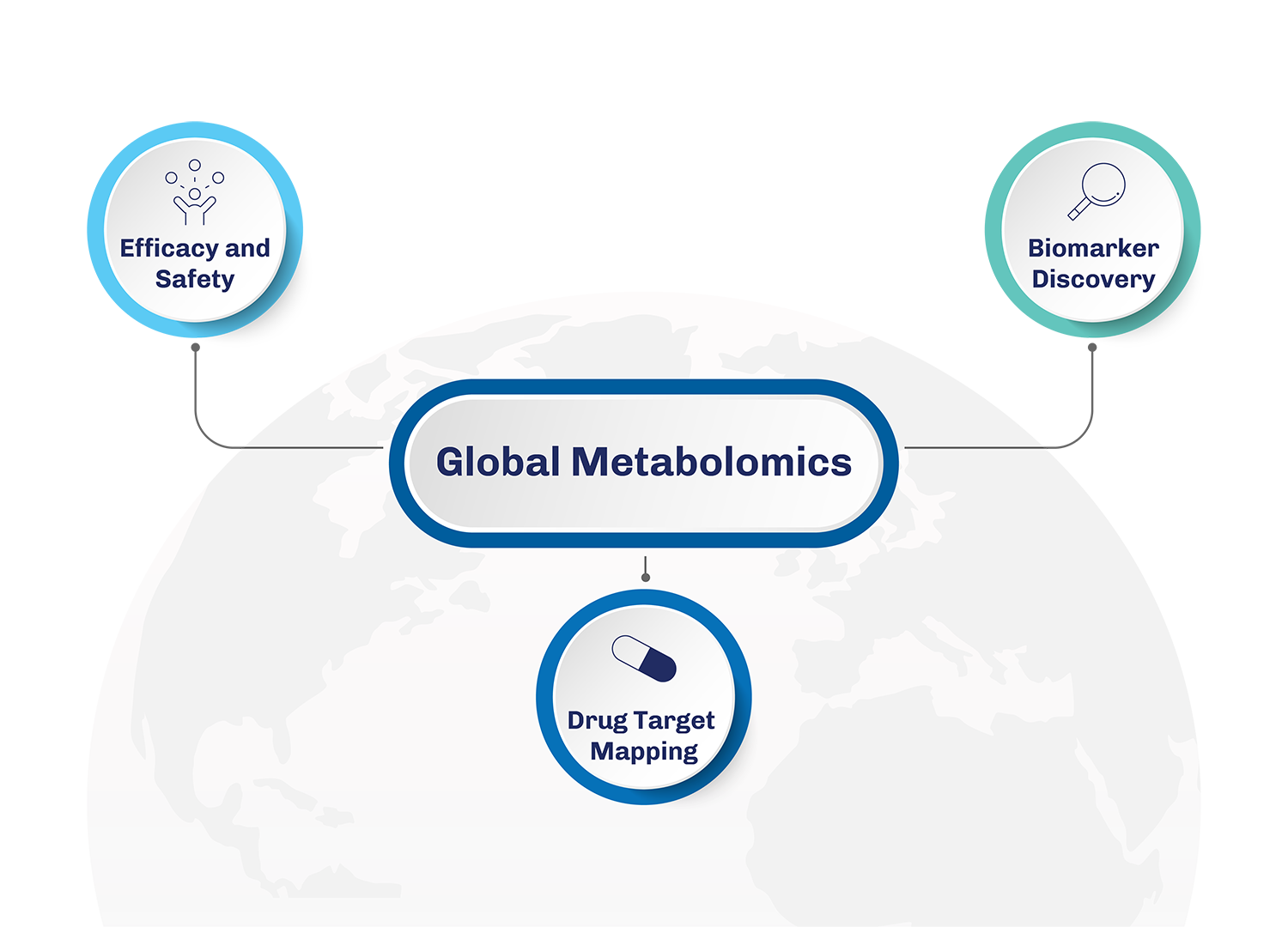The dynamic field of cancer research is continually evolving, driven by the pursuit of deeper understanding and novel therapeutic strategies against this multifaceted disease. Metabolomics, an emerging discipline, offers a wide-angle view of the metabolic shifts occurring in organisms. This article explores the application of metabolomics in preclinical cancer research, focusing on its critical role in the discovery of biomarkers, the assessment of therapeutic efficacy and safety, and the facilitation of drug-target mapping within the scope of immuno-oncology.
Understanding Metabolomics:
Metabolomics involves the extensive analysis of small molecule metabolites within biological systems, yielding significant insights into the biochemical activities of living entities. By cataloging and quantifying a diverse array of metabolites—cellular process byproducts—metabolomics explains their roles and interactions. This comprehensive approach allows for the investigation of physiological and metabolic alterations, offering a distinctive view of disease progression and therapeutic response dynamics.
Global Metabolomics in Preclinical Cancer Research:
The expanding field of global metabolomics has emerged as a crucial component in preclinical cancer research. Utilizing advanced techniques like mass spectrometry and nuclear magnetic resonance, researchers can scrutinize and contrast metabolite profiles across biological specimens. This facilitates the discovery of new disease biomarkers and enables the detection of early metabolic changes in cancer cells, crucial for identifying potential predictive biomarkers and therapeutic targets. Global metabolomics thus provides a key to deciphering cancer metabolism and devising effective intervention strategies.
Biomarker Discovery:
A primary application of metabolomics in preclinical cancer research is the identification of reliable biomarkers. Leveraging the extensive metabolic data, metabolomics can pinpoint specific metabolite signatures linked to various cancer types. These biomarkers could serve as early diagnostic indicators, predictors of treatment efficacy, and monitors of treatment response. Metabolomics, by offering real-time metabolic alteration data, holds promise in developing personalized treatments, optimizing patient outcomes, and transforming cancer diagnosis.
Evaluating Efficacy and Safety:
Beyond biomarker discovery, metabolomics is instrumental in assessing the efficacy and safety of therapeutic interventions in preclinical cancer research. By tracking drug-induced metabolic alterations, researchers can evaluate the impact of treatments and differentiate between responders and non-responders. This approach aids in identifying treatment-induced metabolic patterns and in precise monitoring of drug efficacy. Additionally, metabolomics can reveal potential drug-related toxicities, contributing to the development of safer and more effective cancer treatments.
Drug-Target Mapping in Immuno-Oncology:
Metabolomics is crucial in immuno-oncology for identifying novel drug targets. It elucidates metabolic pathways essential for tumor growth and immune system evasion, pinpointing critical intervention nodes. This insight aids in developing targeted immunotherapies, increasing the precision and effectiveness of cancer treatments. Metabolomics provides a detailed view of the molecular alterations within the tumor microenvironment, informing the design of innovative therapies that exploit cancer cells' metabolic vulnerabilities.
Conclusion:
Metabolomics stands as a transformative approach in preclinical cancer research, offering a comprehensive perspective on the metabolic landscape and its implications in immuno-oncology. Its capacity for biomarker identification, therapeutic efficacy and safety evaluation, and drug-target mapping holds immense potential to revolutionize cancer therapy. The increasing adoption of metabolomics by scientific researchers is a significant step towards personalized, effective, and safe cancer treatments, marking a new epoch in precision medicine.



